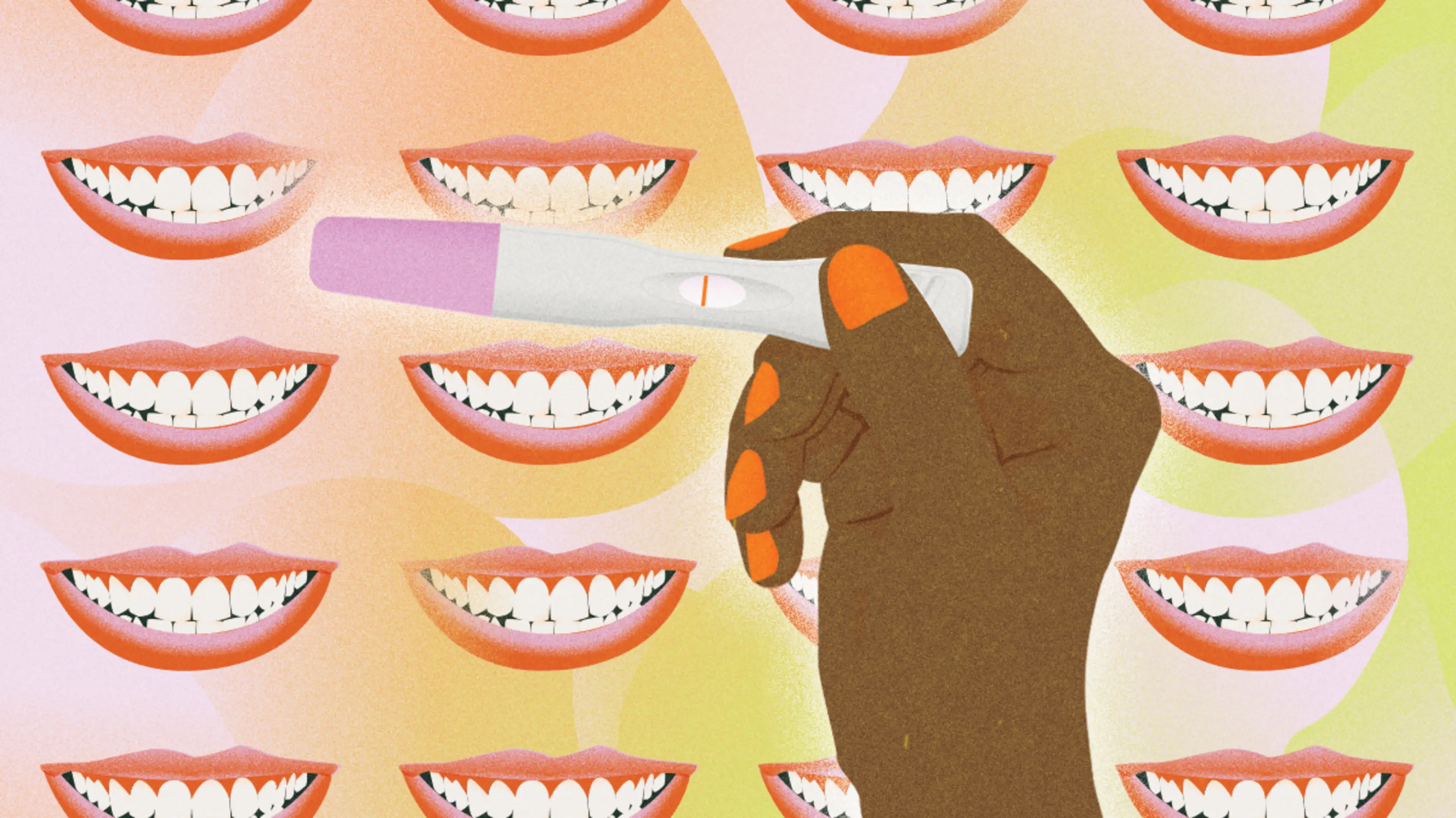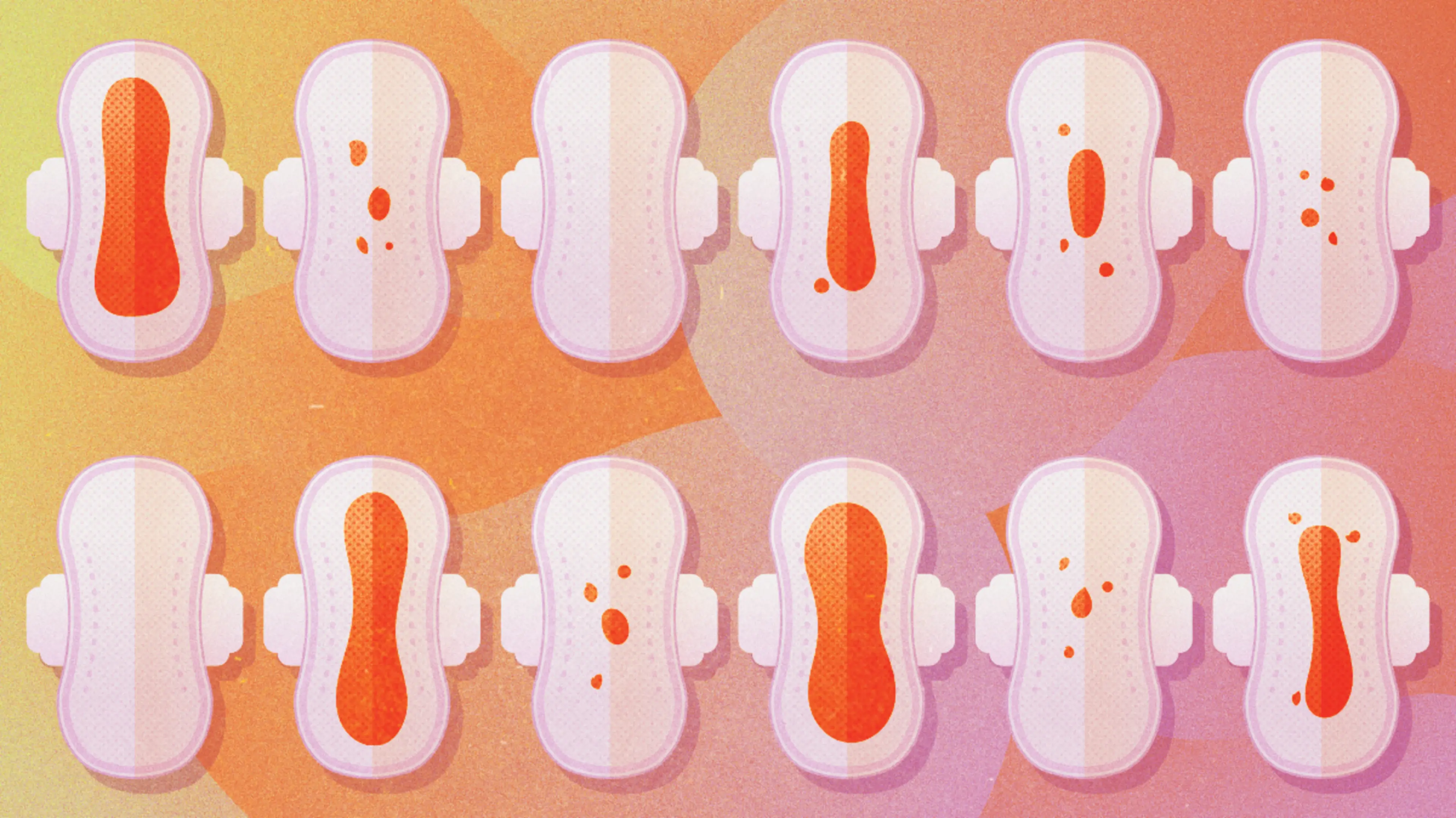TLDR: Good sleep doesn’t just affect how you feel each day, it can also have a big impact on your fertility. A better sleep routine, including logging more hours, sticking to a schedule, and getting better quality sleep, can improve your overall health and may even help you get pregnant.
We’ve heard it over and over again: sleep is critically important to your health. But did you know that it’s also essential for fertility? From hormone health to sex drive, getting a good night’s rest plays a crucial role in your reproductive health.
This means that if you’re currently trying to conceive, you have another excuse to hit the sack.
“When you are trying to conceive, it is essential to pay attention to the quantity and quality of your sleep,“ says Dr. Mark Leondires, a reproductive endocrinologist and the founder and medical director of Illume Fertility. “Getting enough sleep is essential for stress relief, cell and tissue repair, regulation of the menstrual cycle, healthy sperm production, and overall health and well-being.”
Here are a few specific ways sleep directly impacts the health of both men and women when it comes to fertility, as well as guides to how much sleep you need when you’re trying to get pregnant and how to improve your quality of sleep.
Hormone Production
When it comes to fertility, balanced hormones are essential. After all, the entire menstruation cycle is governed by the female sex hormones estrogen and progesterone. Sleep helps synthesize, secrete, and metabolize1 these two hormones that are responsible for reproduction.
In addition to affecting your body’s regulation of the reproductive hormones, lack of sleep can cause your body to produce more cortisol2 , aka the stress hormone. An increase in cortisol can decrease ovulation and fertilization as well as lower progesterone, which is vital for preparing the uterus for the implantation of the egg and maintaining a pregnancy.
Ovulation
Ovulation is the first step in conceiving. If the ovaries failed to release an egg each month, then the sperm would be left hanging, unable to do its job of fertilization.
Ovulation happens because of a delicate balance of hormones–the same hormones that are directly tied to your sleep patterns. When you don’t get enough sleep, the hormones responsible for ovulation, particularly estrogen and luteinizing hormone (LH) may not trigger efficiently3 .
Reduced Libido
Another important factor in fertility is your sex drive. If you have a low sex drive, you may not have sex as often as you should when trying to get pregnant. One thing you can do to increase your sex drive? You guessed it: get more sleep.
The reason sleep is vital for libido has to do with testosterone4 . As mentioned earlier, when you don’t get enough sleep, your body produces more cortisol. And when your body is working to create cortisol, it’s unable to produce the testosterone it needs. You may associate testosterone with men, but women produce testosterone as well. Not only does testosterone play a part in bone5 and cognitive health, but it may also influence your sex drive.
Overall Health
Getting the right amount of sleep also plays a big role in your overall health3 —both emotional and physical. If you’re not getting enough sleep, you may be at risk for certain health conditions that directly impact fertility. Lack of sleep can affect heart health, emotional well-being, and metabolic function.
Male Fertility
It’s not only women’s fertility that is impacted by sleep—it’s also an issue for men. Sleep can affect men’s sex drive and overall health, similar to how it affects women. Another way sleep can affect men is via sperm health. It’s been shown that men who don’t get sufficient sleep6 have sperm with lower survival rates, lower motility, and increased ASA-positive production—anti-sperm antibodies.
How Much Sleep Do You Need?
Now that you know how important sleep is, you’re probably wondering if there is a magic number for the hours you should spend snoozing each night.
Like most recommendations when it comes to health, the answer depends on your individual needs and how you feel throughout the day. However, the general recommendation is that adults get a minimum of seven hours of sleep7 for optimal health.
Ways to Improve Sleep
Learning why sleep is essential and how much sleep you need is one thing. But if you struggle to fall asleep at night, this information may leave you feeling a little anxious, which doesn’t help your ability to drift off. The good news is there are many ways to help you fall asleep at night—and to stay asleep.
The key to these tools is experimentation. Try these out and see if they work for you. And remember: if you have an off day here or there, that’s totally normal. Give your tired self some grace and try again the next night. Even small changes can help promote better overall health and fertility.
Limit caffeine
If you’re struggling to get the sleep you need, consider limiting your caffeine intake. You’re probably aware of your own caffeine tolerance, but caffeine has been shown to disrupt sleep 8 the closer you drink it to bedtime. You could try quitting caffeine cold turkey if you’ve been having issues sleeping, but if you have to have your coffee (no judgment here!), try to keep it to the morning; research has shown that caffeine had the biggest impact on sleep when it was consumed within six hours of bedtime.
Meditation
Another practice that may promote better sleep is meditation. If you struggle with turning off your thoughts at night, meditation may be able to help calm your mind and body so you can fall into a deeper sleep. Meditation has also been shown to lower cortisol9 levels in the blood.
A meditation practice before bed can help you shut down your brain at night—especially if you usually look at your phone or another screen. Dr. Leondires says, “Our world has become increasingly stressful and over-stimulating, with people spending an unhealthy amount of time on screens each day.” Switch out your social media habit at bedtime for a meditation instead and see if it helps.
Exercise
Exercise may also play a role in improving sleep quality. Exercise is not only good for sleep, but it’s also good for overall health, reducing stress, and managing a healthy weight. If you’re new to exercising, start slow with low-impact activities like walking, biking, pilates, or yoga.
Find an exercise program that brings you joy so you’re more likely to make it part of your daily routine. If you’re already getting plenty of exercise and still struggling with sleep, you may want to consider when you’re exercising. One study showed that exercising in the morning was more beneficial to sleep10 than exercising in the afternoon or evening.
Stick to a schedule
A consistent schedule can improve your overall sleep by maintaining your body’s circadian rhythms. Pick a time to go to bed each night and wake up each morning, and stick to it; it can help train your body to keep to the schedule and get the sleep you need. In the mornings, set your alarm for the same time every day. Yes, that even includes the weekends.
By the way, if you’re a night owl, it might be worth considering going to bed a bit earlier—a recent study found that a 10 p.m. bedtime improved heart health11 .
Start Small
Beginning your fertility journey can be overwhelming. Talk to your doctor if you think your sleep habits may be affecting you negatively—and don’t write it off, says Dr. Leondires. “The importance of sleep cannot be understated. It is essential to human function in everyone, but especially in those who are trying to get pregnant.”
Improving your sleep habits won’t happen overnight, so start small and gradually build up to a schedule and routine that works for you. You may just be surprised by the impact this little tweak in your lifestyle can have on your health.











